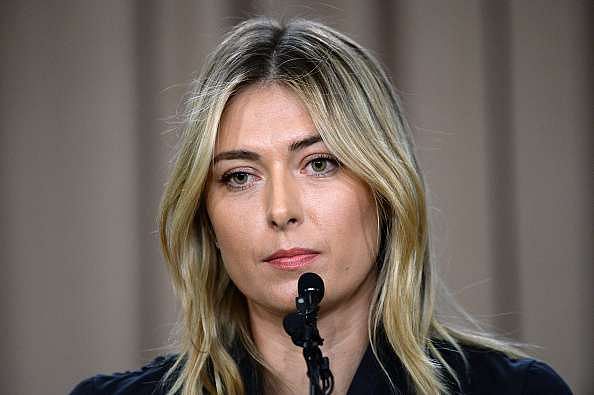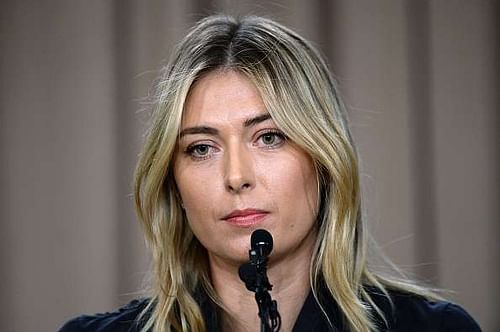
Maria Sharapova appeal successful, ban reduced to 15 months
Earlier this year, former World No. 1 Maria Sharapova found herself handed a two-year ban from tennis after testing positive for banned substance meldonium during the Australian Open.
Read more: Sharapova handed two-year tennis ban
Following an appeal, the Russian ace has seen the International Tennis Federation (ITF) reduce her ban to 15 months after investigation by an independent tribunal appointed to the case.
Although the earlier ruling – that her Australian Open results and earnings from 2016 both stand cancelled – remains, Sharapova now sees her date of return to tennis moved forward from 26th January 2018 to 25th April 2017.
Sharapova had appealed that she had been unaware that meldonium, a relatively new addition to the list of substances banned by WADA, the World Anti Doping Agency, had in fact been added to that list.
Read more: What is meldonium (mildronate), and how did Sharapova use it?
Although it has been used as a performance enhancer in the past, Sharapova successfully appealed that she had been taking the drug as medication for a heart condition. In her appeal, she also said that she had missed notifications from WADA, the ITF or the Women’s Tennis Association. The tribunal found it acceptable for Sharapova to have entrusted the “checking of the Prohibited List” to her agent, which Sharapova had alleged earlier this year as the lapse in information.
The tribunal also found her reasoning of “medical use” suitable.
Under the TUE or Therapeutic Use Exemption system, athletes may apply for exemptions to take substances that are otherwise banned by WADA for health purposes. Given mildronate was not on the banned list when Sharapova had been taking it, the Russian would have had no reason to declare it as a TUE – absolving her of blame.
